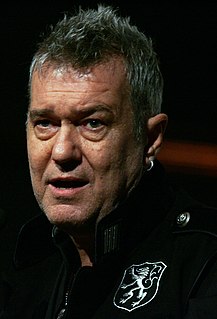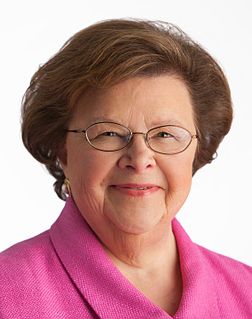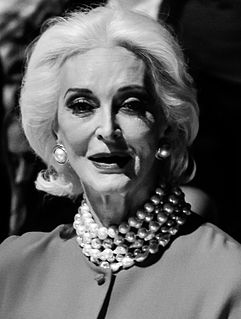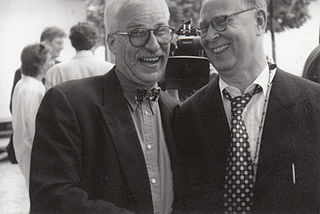A Quote by Jimmy Barnes
My family were very poor. We never owned a house, in fact, we were lucky if we could afford the rent. So when I bought my first home, it was a very emotional time for me.
Related Quotes
The American dream is not a sprint, or even a marathon, but a relay. Our families don't always cross the finish line in the span of one generation. But each generation passes on to the next the fruits of their labor. My grandmother never owned a house. She cleaned other people's houses so she could afford to rent her own. But she saw her daughter become the first in her family to graduate from college. And my mother fought hard for civil rights so that instead of a mop, I could hold this microphone.
The early 2000s for me were a very emotional time, politically. I'd been through Reagan and been through first Bush and Clinton, and it's not like I had an easy time through those years. But I just thought it was particularly rough. I have to say the World Trade Center attack was very weird for me. The events that followed were worse. It was a really long swath of time.
The great bulk of the legal voters of the South were men who owned no slaves; their homes were generally in the hills and poor country; their facilities for educating their children, even up to the point of reading and writing, were very limited; their interest in the contest was very meagre--what there was, if they had been capable of seeing it, was with the North; they too needed emancipation.
In my very first term there was an issue that brought us [George Mitchell, Ted Kennedy, Chris Dodd] together in a very deep, emotional, and personal level.It was called 'spousal impoverishment' and it meant that for one person [to go into] a nursing home, the family [ ], could go near bankruptcy, and then they'd end up with a lien on the family farm or the home. And so I wanted to change that.
Many nightclubs from this era were very loud and very dark. Plus some of the best ones were incredibly crowded. To begin with, I could seldom get back far enough to get people into frame from head to foot and when I could, people would be constantly walking in front of me all the time. Then I bought a 24-mm lens and only had to be four or five feet away.
There were many books in my parents' home. I'm from a family of five children and we were all readers. And so by the time I left home, I had already read many books, and I was very interested in reading more. That was when I started to have the desire to write. But it wasn't like a divine apparition with angels and seraphins on high. Not for me, at least.




































